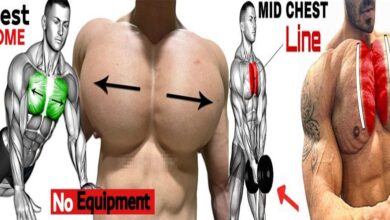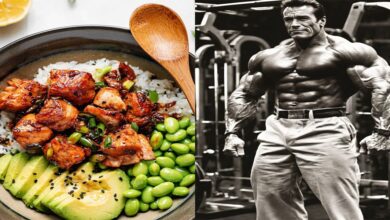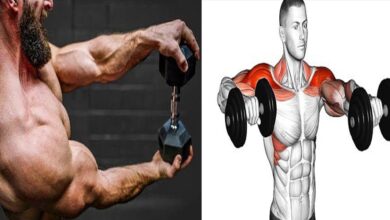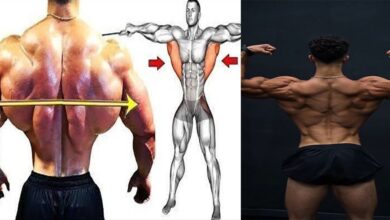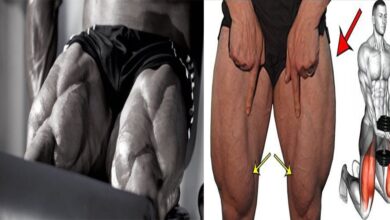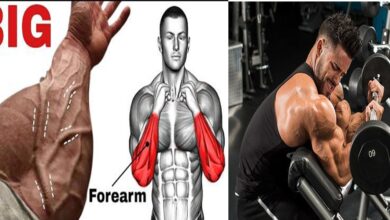Workouts
Fueling Excellence: A Comprehensive Guide to Nutritious Eating for Peak Athletic Performance
For athletes and sports enthusiasts, maintaining a well-balanced and nutritious diet is crucial to support overall health, energy levels, and optimal performance. Here are some key components of a healthy diet for sportsmen:
1. Complex Carbohydrates:
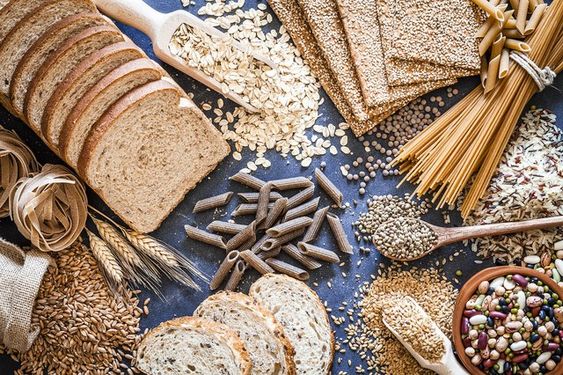
-
- Carbohydrates are a primary source of energy for athletes. Opt for complex carbohydrates like whole grains (brown rice, quinoa, oats), fruits, vegetables, and legumes. These foods provide a steady release of energy and support glycogen stores.
2. Lean Proteins:
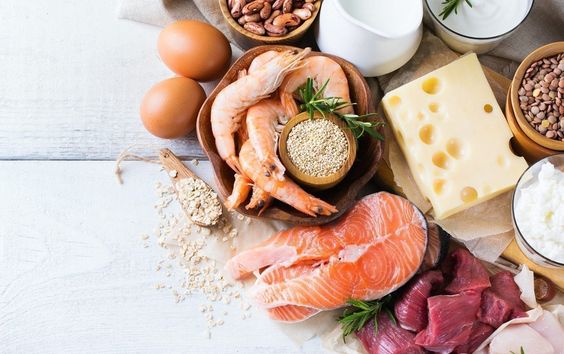
-
- Proteins are essential for muscle repair and growth. Include lean protein sources such as poultry, fish, lean meats, eggs, dairy products, tofu, legumes, and plant-based protein options. Protein intake is especially important post-exercise to aid recovery.
3. Healthy Fats:
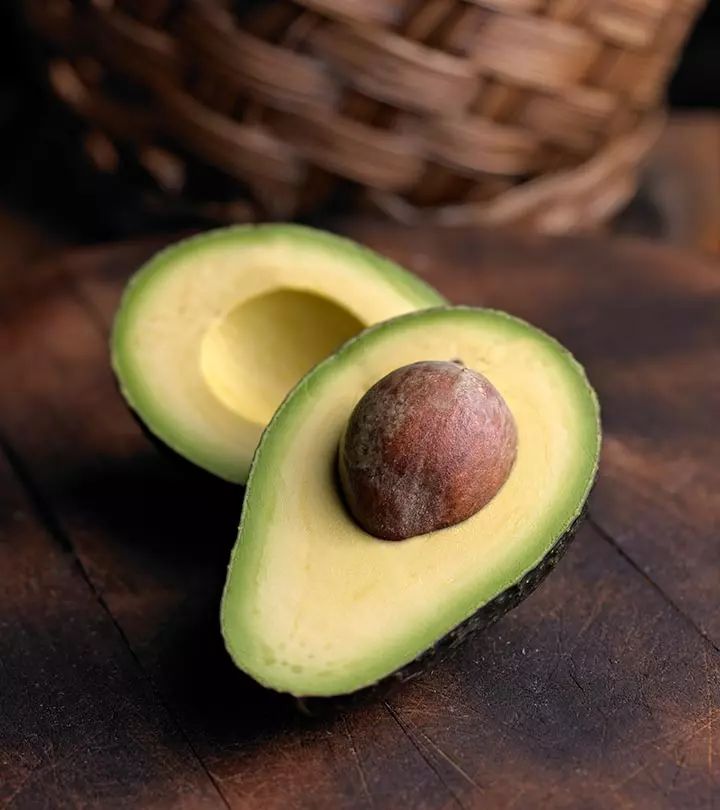
-
- Incorporate sources of healthy fats, such as avocados, nuts, seeds, and olive oil. These fats play a role in hormone production, joint health, and overall energy.
4. Hydration:
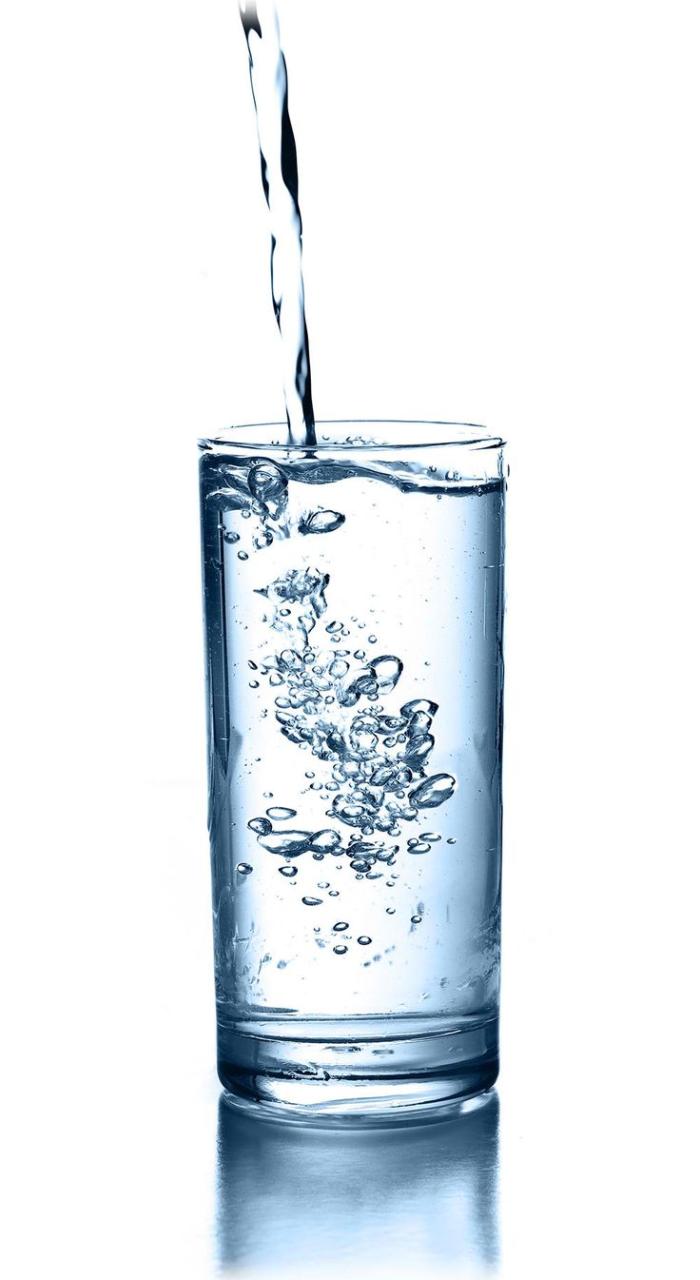
-
- Staying properly hydrated is vital for optimal performance. Water helps regulate body temperature, transport nutrients, and remove waste products. Drink water consistently throughout the day and consider electrolyte-rich beverages for intense or prolonged activities.
5. Fruits and Vegetables:
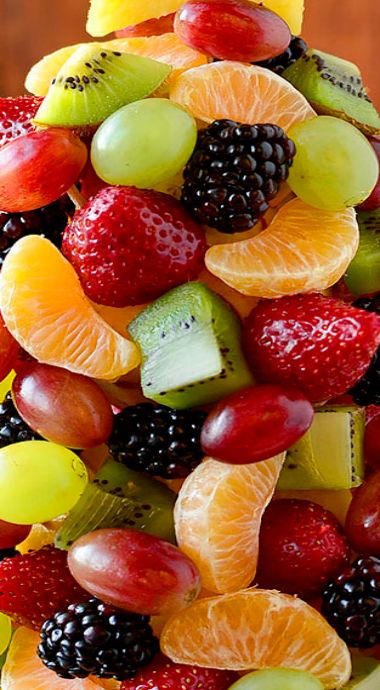
-
- Rich in vitamins, minerals, and antioxidants, fruits and vegetables are essential for overall health and recovery. They provide important nutrients like vitamin C, potassium, and fiber. Aim to include a variety of colorful fruits and vegetables in your daily diet.
6. Pre-Workout Nutrition:
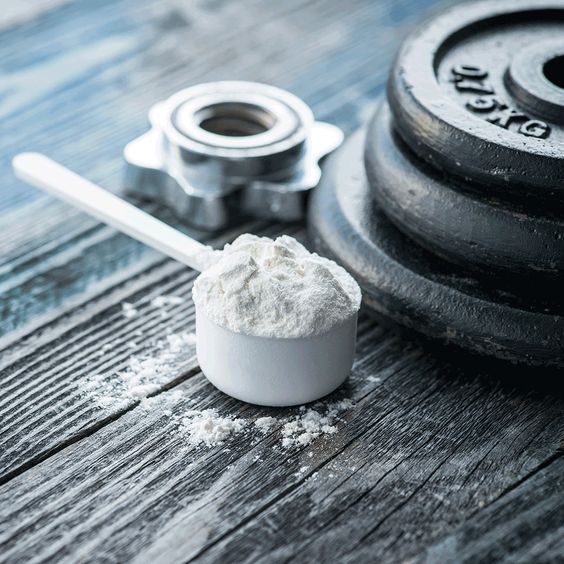
-
- Consume a balanced meal or snack containing carbohydrates and a moderate amount of protein 2-3 hours before exercise. This helps provide a readily available energy source.
7. Post-Workout Nutrition:
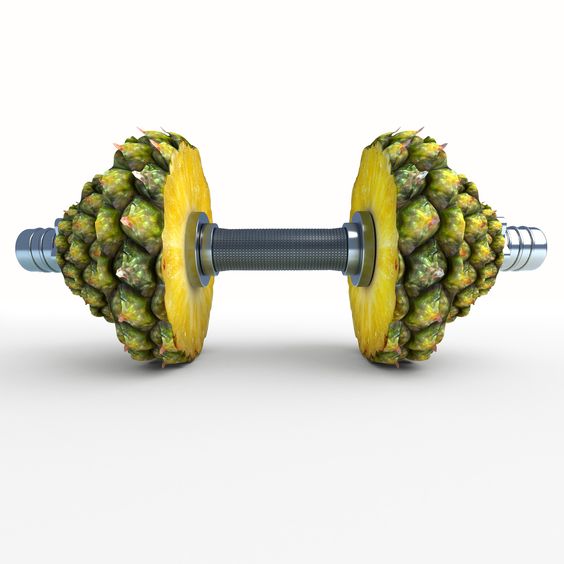
-
- Refuel with a combination of carbohydrates and protein within the first 30 minutes to an hour after exercise. This aids in glycogen replenishment and muscle recovery. Chocolate milk, yogurt with fruit, or a protein shake are examples of effective post-workout snacks.
8. Calcium and Vitamin D:
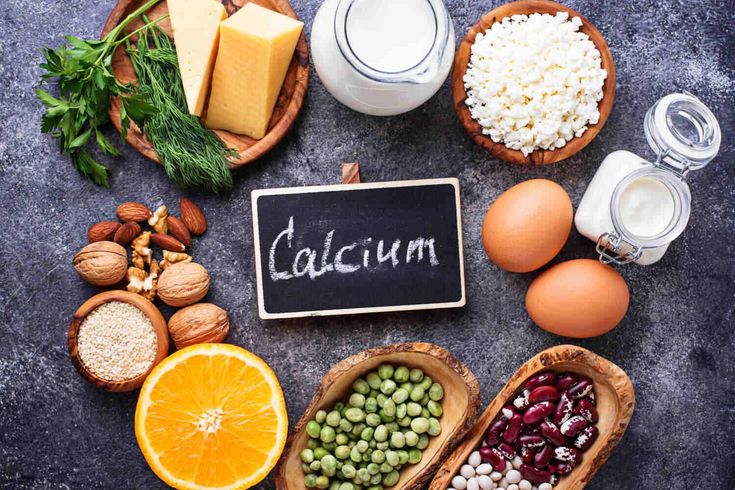
-
- Adequate calcium and vitamin D are crucial for bone health, especially for athletes involved in weight-bearing activities. Dairy products, fortified plant-based milk, and fatty fish are good sources.
9. Iron-Rich Foods:
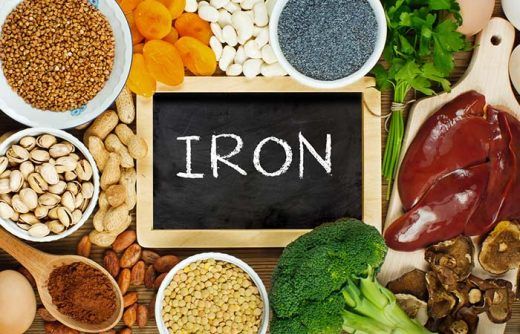
-
- Iron is important for oxygen transport in the blood. Include iron-rich foods like lean meats, poultry, fish, beans, lentils, and fortified cereals. Vitamin C-rich foods enhance iron absorption.
10. Snacking Smartly:
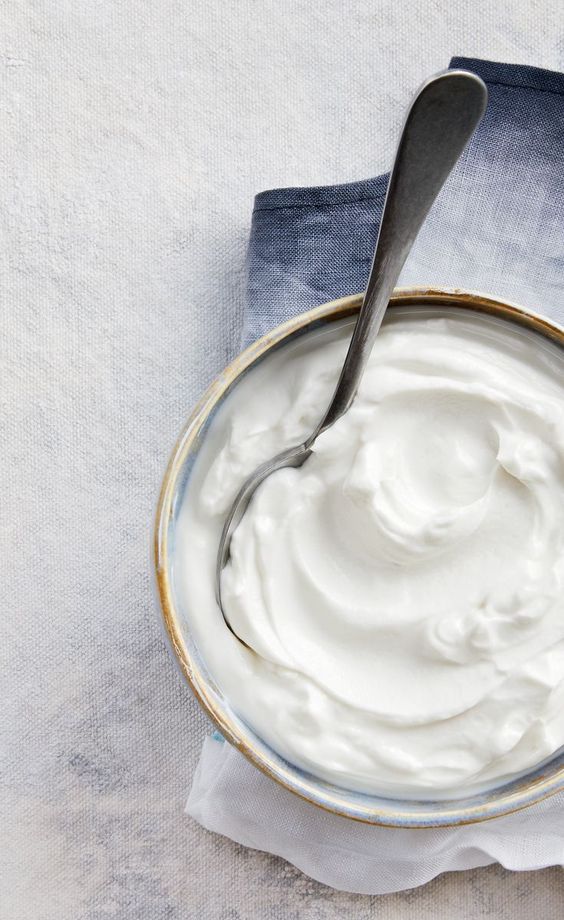
-
- Opt for nutritious snacks like Greek yogurt, trail mix, nut butter with whole grain bread or crackers, and fresh fruit. Avoid sugary and processed snacks, opting for whole, nutrient-dense choices.
It’s essential for athletes to individualize their nutrition plans based on their specific needs, training intensity, and personal preferences. Consulting with a registered dietitian or nutritionist can provide personalized guidance to optimize performance and support overall health.
